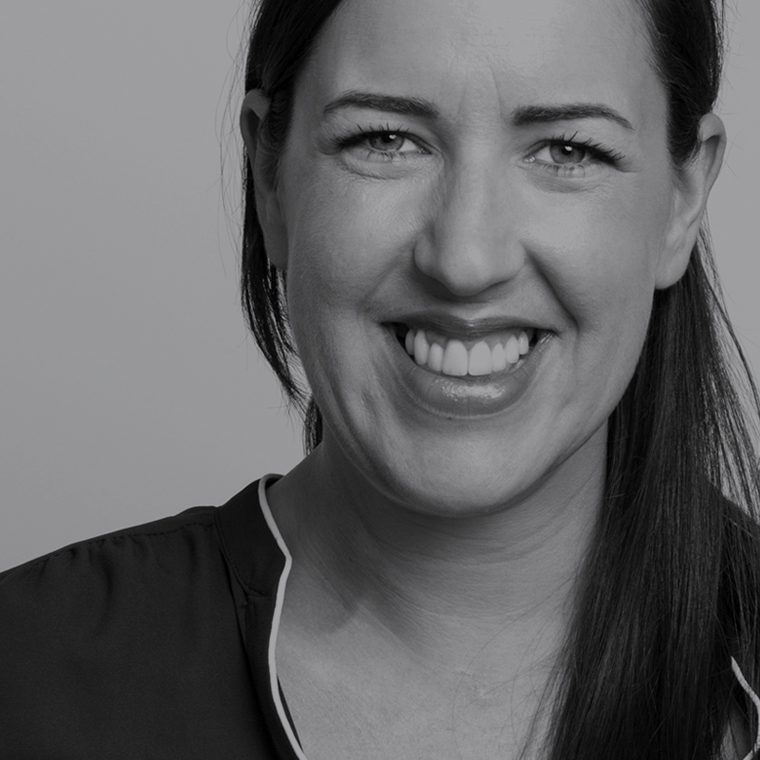Natalie is Managing Director of Good London.
Main Content

Clients are people too: how to connect on a personal level and make new business less hard work
Let’s forget the whole client dynamic for a second; let’s just think about what makes for building a really great, personal relationship in general.
Think about your mates – what do you do to make sure you’re a good friend to them? Listen to their problems? Help them when they’re stuck? Head out for a drink with them, when you’ve got something to celebrate?
Hmmm, sound at all familiar?
The truth is the keys to having a better and more personal relationship with your client, are exactly the same as the keys to being that really good friend:
1. Empathise
This isn’t the easy-peasy ‘oh, you poor thing’ sympathy we’re talking about here, this is the muck and bullets ‘you cry, I cry’ arm of friendship. We’ve all got the one mate that does this better than anyone else; and they’re probably your favourite.
I’m not saying cry with your clients (boundaries, people), but get into their shoes, in a professional capacity. Imagine what it’s like to navigate the politics of their large corporation, and the new boss who’s come in to change everything you’ve just spent a year working on. Let them know you understand what they must be up against.
2. Show interest
We like people who are interested in us – that’s just our old friend ‘Ego’, and he sure does love the attention. We also like people who share the same interests – try and establish what those might be, and find common ground beyond the day job.
3. Listen. Properly
Have you ever had someone really listen to you? Not listening for the gap where they get to say something, or hearing what they want to hear – I mean really listening. It’s powerful. And it’s the reason why I recommend not being over prepared for conversations you’re going to have with your client. Sure, you’ll have objectives of what you need to get out of the conversation, but never let those stop you from listening to what the client needs to talk about. Listen closely and I promise you’ll hear the problem that they really need you to solve.
4. Be there when they need you
You know that flaky friend? The one that talks a good game, but they’re never actually around when you need them. The worst thing you can do is start building a relationship with a client, get a level of commitment from them then they never see you again, as they’re passed to an (albeit excellent) account handler. They bought you, not your agency. They need your attention, and to know that you still care.
5. Keep your promises
Back to old flaky – if you say you’re going to do something, do it. “We must have lunch!” Do it. Follow up. Give them, and your relationship the attention that it deserves. Let them see that you can be relied on, and that they are important to you. Everyone wants to feel important.
6. Laugh
I’ll bet my last fiver your best friend is the one that makes you laugh the most. People are innately drawn towards humour because it makes them feel good. It can also help them survive when the going gets tough. Have fun. Be professional of course, but lighten up a bit. They’ll want to spend more time with you because of it.
7. Show excitement
Enthusiasm is infectious. You know that mate of yours whose always the life-and-soul of the party? There’s a reason why he gets invited to so many parties. People love being inspired, and made to feel excited. Be that force of nature, and you’ll be amazed how it makes people want to spend more time with you.
8. Be in it together
Whether it’s celebrating success, or running to the rescue when things have gone wrong, the important thing in any friendship is to be in it together. Make sure your client knows that you’re on the same team, driven towards the same goals. Their success is your success, and you’ll celebrate that together.
Word to the wise though, when those celebrations inevitably get out of hand, just remember (unlike a friendship) it’ll be you picking up the whole bill…